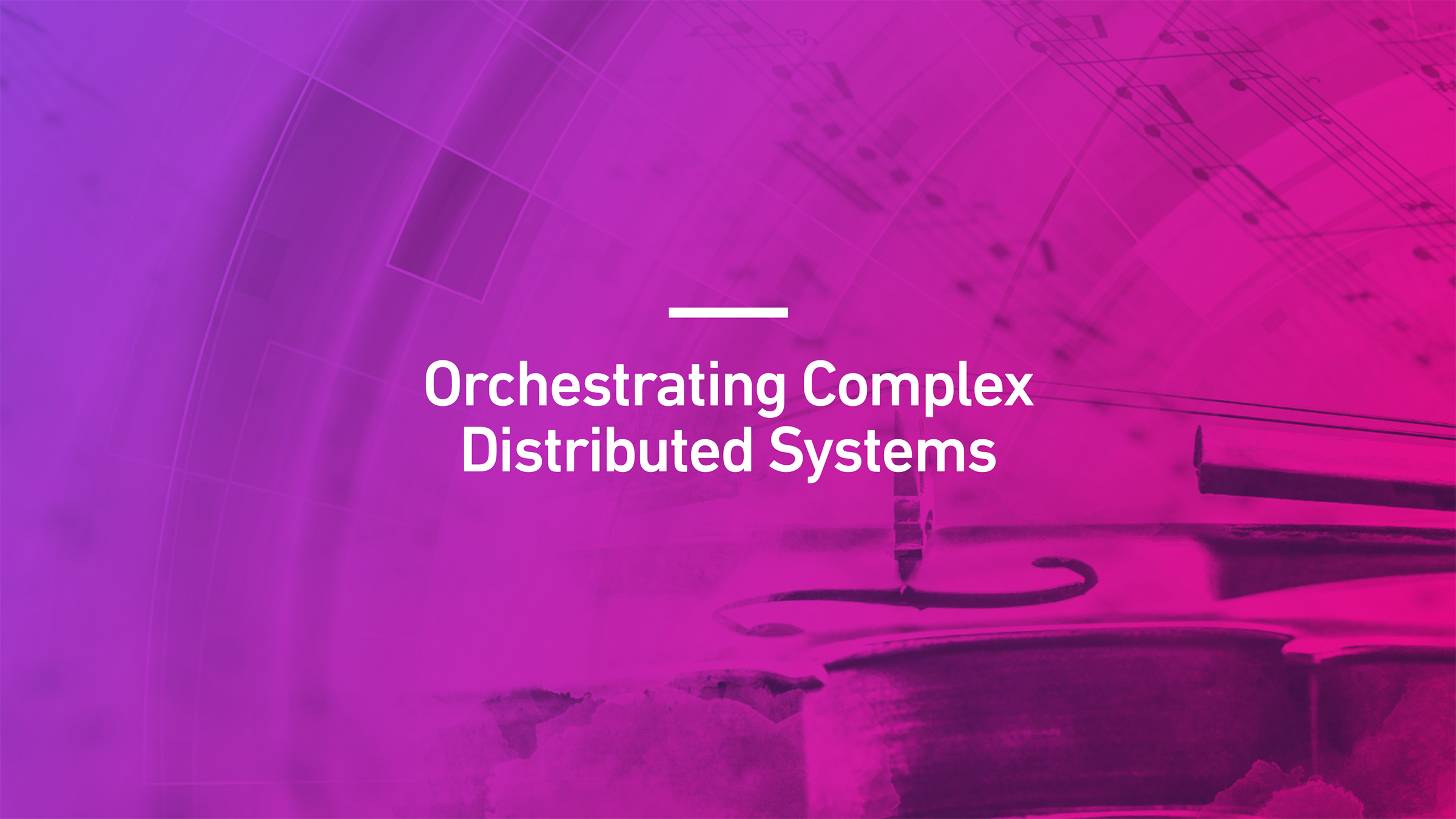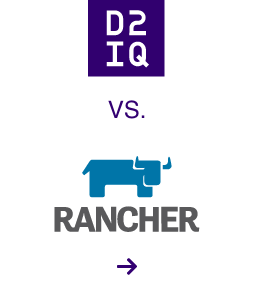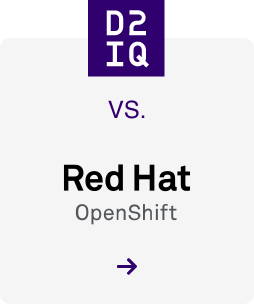Learn how to manage complex distributed systems in our latest Mesosphere eBook.

3 min read
The overall container ecosystem is maturing to accommodate a growing variety of technologies architectures, and use cases.
At last year's DockerCon many attendees were asking, "how can we deploy Docker containers?"
At this year's DockerCon the hot question was, "how can we operate Kubernetes-as-a-Service on-premise?"
Our belief here at Mesosphere is that this trend will continue, and soon attendees will be focused on answering, "how can we operate Kubernetes and other open source frameworks of our choice, like Apache Spark, TensorFlow, HDFS, and more, as-a-service across hybrid clouds?"
This reflects the larger trend that is taking place in systems architecture, an evolution from container orchestration to service orchestration. DevOps teams are hungry for service orchestration to manage the lifecycle of complex distributed systems in much the same way that container orchestration (e.g. Kubernetes or Marathon) manages the lifecycle of a container.
However, service orchestration comes with its own set of challenges. The lifecycle of distributed stateful services with components running in many containers is typically more complex compared to that of running individual containers.
In addition, while users often like the ease of cloud managed services, many still want the flexibility to switch between cloud providers, or to run in a hybrid or multi-cloud architecture.
In our latest eBook, "How to Evolve From Container Orchestration to Service Orchestration," we will examine:
- What service orchestration is and why you need it
- The top four service orchestration challenges
- How to solve for these challenges
Learn how to simplify the complex tasks of service orchestration by downloading the eBook today.










